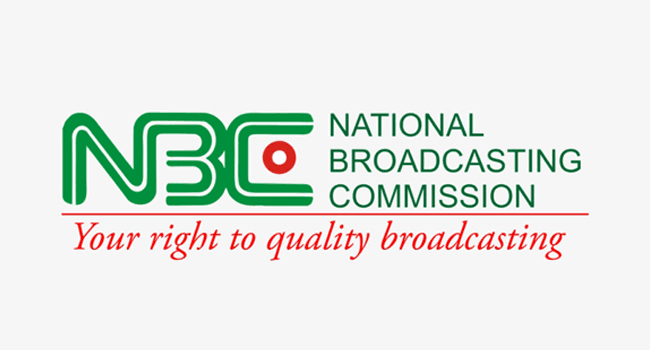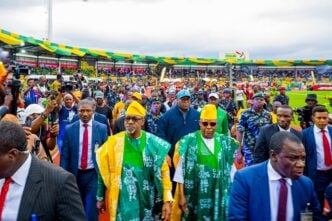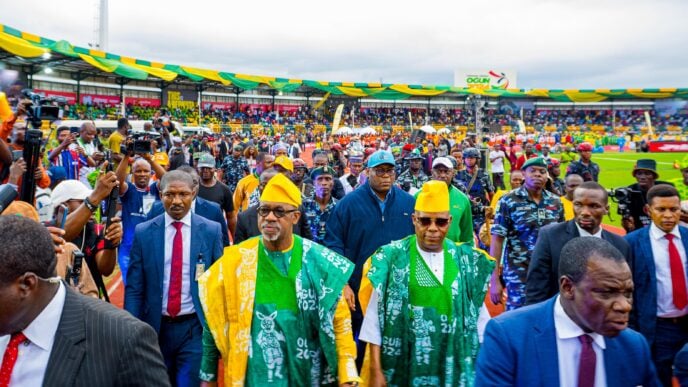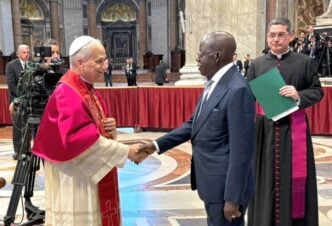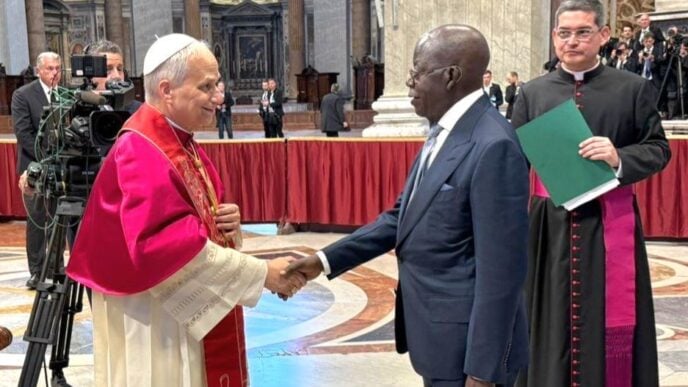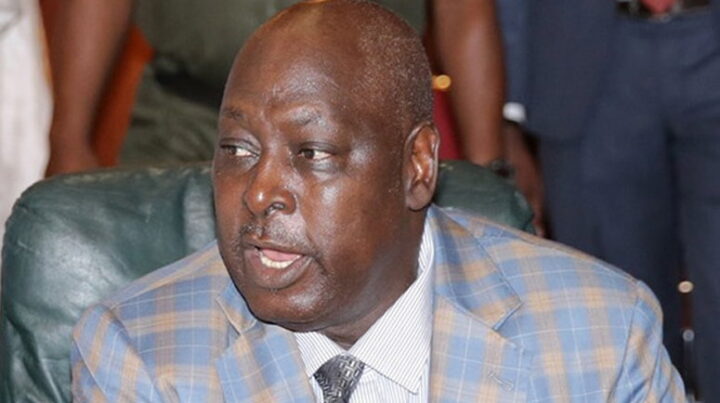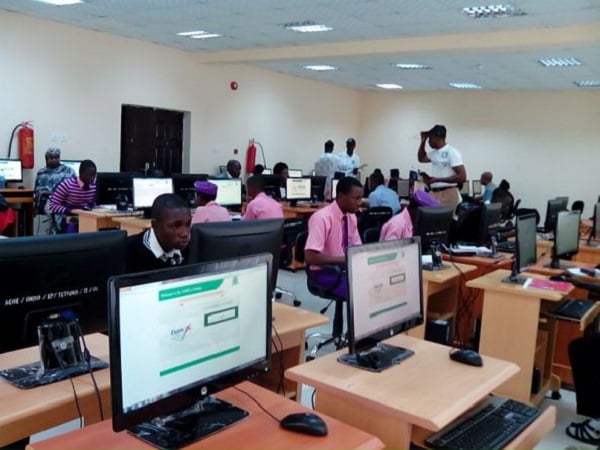I had no prior information that the Kano State Government sought help from the NBC before coming up with a landmark decision on live political broadcast early in the month. But my source at the National Broadcasting Commission (NBC) said there was indeed a stakeholders meeting on broadcasting early this year where the regulator, government and security forces cautioned on the need to trim incendiary on-air presentations that could lead to needless conflagration.
Speaking at the meeting, Charles Ebuebu, Director General of the NBC, called on operators of the broadcast media to adhere to the core tenets of professionalism that are built on the foundations of creativity, innovation, truth, fairness, and respect, rather than embracing character assassination and defamation.
The Kano State Government stated its readiness and commitment to further engage with the operatives of the broadcast industry in Kano to promote the use of refined language in their broadcast. While representatives of the various security arms dropped their baskets of caution.
It means that a level of intolerance and tension was being witnessed in the broadcast space, something building up which everyone concerned wanted to stop from exploding. But this hardly prepared Nigerians who woke up on May 7, 2025, to find out that the State Government has banned live political broadcasts on broadcast channels in Kano. In fact, journalists are not to ask difficult and probing questions that could hurt the imperial status of the governor and his government.
Advertisement
Premium Times succinctly captured the unfolding story in the following headline: “Kano govt bans live political programmes, issues interview guidelines to journalists.” This wasn’t the kind of story any media practitioner should be excited to read on a good morning but in our dear country, the impossible has become a common feature while the absurd enjoys accommodation and acceptance in nearly all quarters.
The government actually released a statement after what officials claimed to be a meeting between the state and media executives. Key resolutions reached at the meeting are as follows: Anyone appearing on media platforms for interviews must sign an undertaking to refrain from making abusive, defamatory or culturally offensive remarks; A ban has been placed on live political programmes across media outlets to prevent the spread of inflammatory content; and Presenters were also banned from asking provocative questions or making suggestive gestures that could lead to suggestive statement capable of defaming individuals or damage the image of Kano State.
The statement, titled: KNSG, Media Executives Unite to Uphold Ethical Broadcasting and Protect Cultural Values, was signed by Sani Abba Yola, Director, Special Duties, Kano State Ministry of Information and Internal Affairs.
Advertisement
It is all well to see a state government try to set new standards for the practice of journalism; after all this is Nigeria where the abracadabra is more likely to happen than the expected. The Nigerian Union of Journalists and the Nigerian Guild of Editors are better positioned to work with the state government, and indeed, actually work with the National University Commission to tinker with the teaching of journalism courses in our universities.
But some of us fail to understand the level of confusion this kind of action can infuse into public discourse. Were the state government allowed to have its way willy-nilly, it would mean taking over the regulation of broadcasting in that state. It would also mean that the broadcast journalism profession of the state would have to be regulated on the whims and caprices of a politician burdened by layers of political overload. The Nigerian government saw through the seams of such political perfidy a long time ago, since 1992.
The National Broadcasting Commission Act Cap N11, provides full cover for broadcast operations in Nigeria and also sets up the NBC to superintend the industry. Here are some powers of the Commission as stated in the Act: Receiving, processing and considering applications for the establishment, ownership or operation of radio and television stations; regulating and controlling the broadcast industry; and receiving, considering and investigating complaints from individuals and bodies corporate or incorporate regarding the contents of a broadcast and the conduct of a broadcast station.
Others are: establishing and disseminating a national broadcast code and setting standards with regard to the contents and quality of materials for broadcast; determining and applying sanctions including revocation of licences of defaulting stations which do not operate in accordance with the broadcast code and in the the public interest; and, wait for this, ensuring qualitative manpower development in the broadcast industry by accrediting curricula and programmes for all tertiary institutions that offer Mass Communication in relation to broadcasting.
Advertisement
So, whatever resolutions were reached by the Kano State Government are fully covered by the Act guiding the broadcast industry. The pronouncement flies in the face of the law, and is a reckless political manoeuvre that could cause more harm than good. I do realise the temptations of power and the unregulated effect of hubris in full bloom; the politician with the yam and knife in ample irony of state power and state purse, dishing out piecemeal to those in full genuflection to his authority.
There is so much that is happening in the political space and our politicians really don’t mind treading on the law, the Broadcast Act not excepted. The Nigerian politician reminds me of the story of the young man, Icarus, in Greek mythology, who was warned by his father, Daedalus, not to fly too close to the sun. But he wouldn’t listen. In blind ambition and hubris, Icarus soared close to the sun, and the wings melted; he came crashing to the earth!
The ephemerality of power has little space in the construct of our politicians. For them, power has no end and everything should be deployed to the sustenance of such power. But where are the politicians of yesteryears?
When the Broadcast Act started in the form of Decree 38 of 1992, some of the politicians enjoying the gossamer of hubris today were either in the university, if they attended any at all, or they were in high school. As they say we hardly have time to read any book, some may not also have read a little thing about separation of power. So, a little nudge here, if the governor is in charge of the state, the NBC is in charge of the broadcast industry and should be helped to enjoy its little space.
Advertisement
Whichever broadcaster ever falls short of the law should be judged by the Broadcasting Act and its subsidiary, the Nigeria Broadcasting Code. No state should play the law but should, instead, enforce it.
Advertisement
Views expressed by contributors are strictly personal and not of TheCable.

